According to reports from CCTV, the toy industry is one of the sectors in the U.S. most severely impacted by tariff shocks. CNN pointed out that the imposition of high tariffs on toys produced in China means that once affordable toys will become “luxury items.”
Data from the U.S. Department of Commerce shows that in 2024, the U.S. imported toys worth $17.7 billion, with 75% coming from China. The President and CEO of the Toy Association, Ahern, stated: “China is no longer producing (toys for export to the U.S.). Reports indicate that major U.S. retailers have already begun canceling orders, putting the Christmas holiday at risk.”
Trump previously stated that one of the main motivations for imposing tariffs was to bring manufacturing jobs back to the U.S.
However, under the U.S. government’s excessive tariff policies, Chinese e-commerce platforms continue to experience a surge in downloads in the global market.
According to the Securities Times, the latest data shows that Alibaba International has entered the top five in the U.S. e-commerce app download rankings and ranks in the top ten in e-commerce app downloads across 120 global markets.
Meanwhile, the Chinese national app Taobao is also experiencing explosive growth globally. According to statistics from third-party data agencies, Taobao has topped the app download charts in 16 countries, including France, Canada, the UK, Japan, South Korea, Vietnam, and Russia, and has reached second place in the U.S. download rankings, ranking in the top ten in 123 countries, attracting a large number of overseas consumers.
Alibaba International stated that the surge in platform traffic is driven by U.S. users spontaneously launching a “China Factory Revealed” trend through social media platforms like TikTok. Numerous videos reveal that major European and American brands actually originate from Chinese factories and connect directly to the source supply chain through platforms like Alibaba International, driving overseas users to stock up on Chinese e-commerce platforms.
Additionally, on April 15, DHgate surged to second place in the free app rankings in the U.S. App Store, second only to ChatGPT, with a download increase of 800%, attracting over 3,000 U.S. wholesalers to place orders in a single day. Founded in 2004, this B2B cross-border e-commerce platform has become the preferred choice for small and medium-sized U.S. businesses to avoid cost pressures, thanks to its “small order quick response” model and TikTok marketing.
It is worth mentioning that recently, the Ministry of Commerce has actively promoted the integration of domestic and foreign trade in collaboration with several industry associations. Key retail and e-commerce platforms are also taking various measures to leverage their advantages and assist foreign trade enterprises in exploring new markets.
@ 3D Printing Insights
I am Xu Fanglei, a design professional with a PhD and a Fellow of the Royal Society of Arts in the UK, focusing on industrial design, additive manufacturing, and business modeling. Here, I will use my expertise and experience to take you deep into the world of 3D printing, sharing the latest industry trends, interpreting cutting-edge technologies, and discussing commercial applications.
 END
END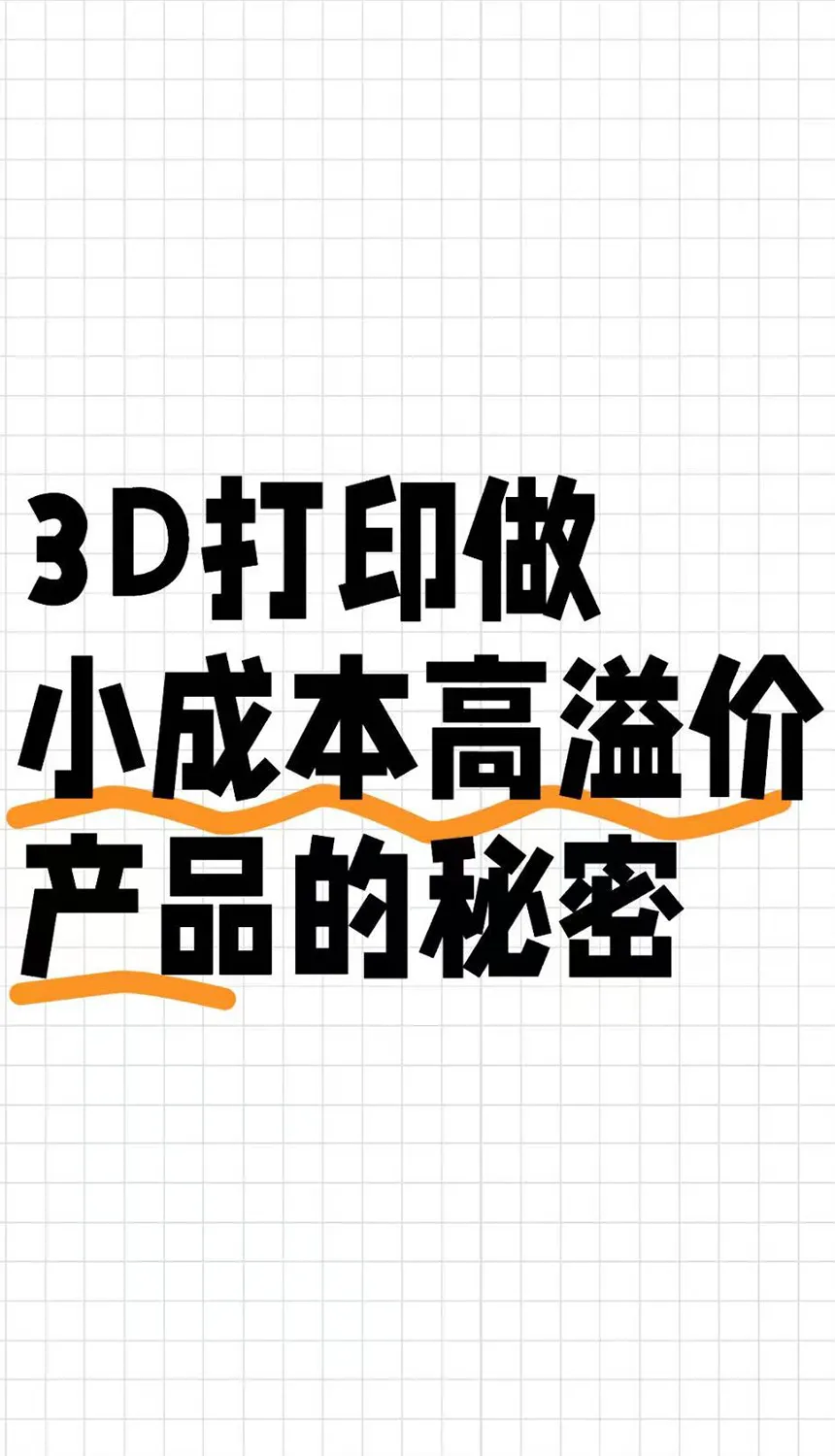

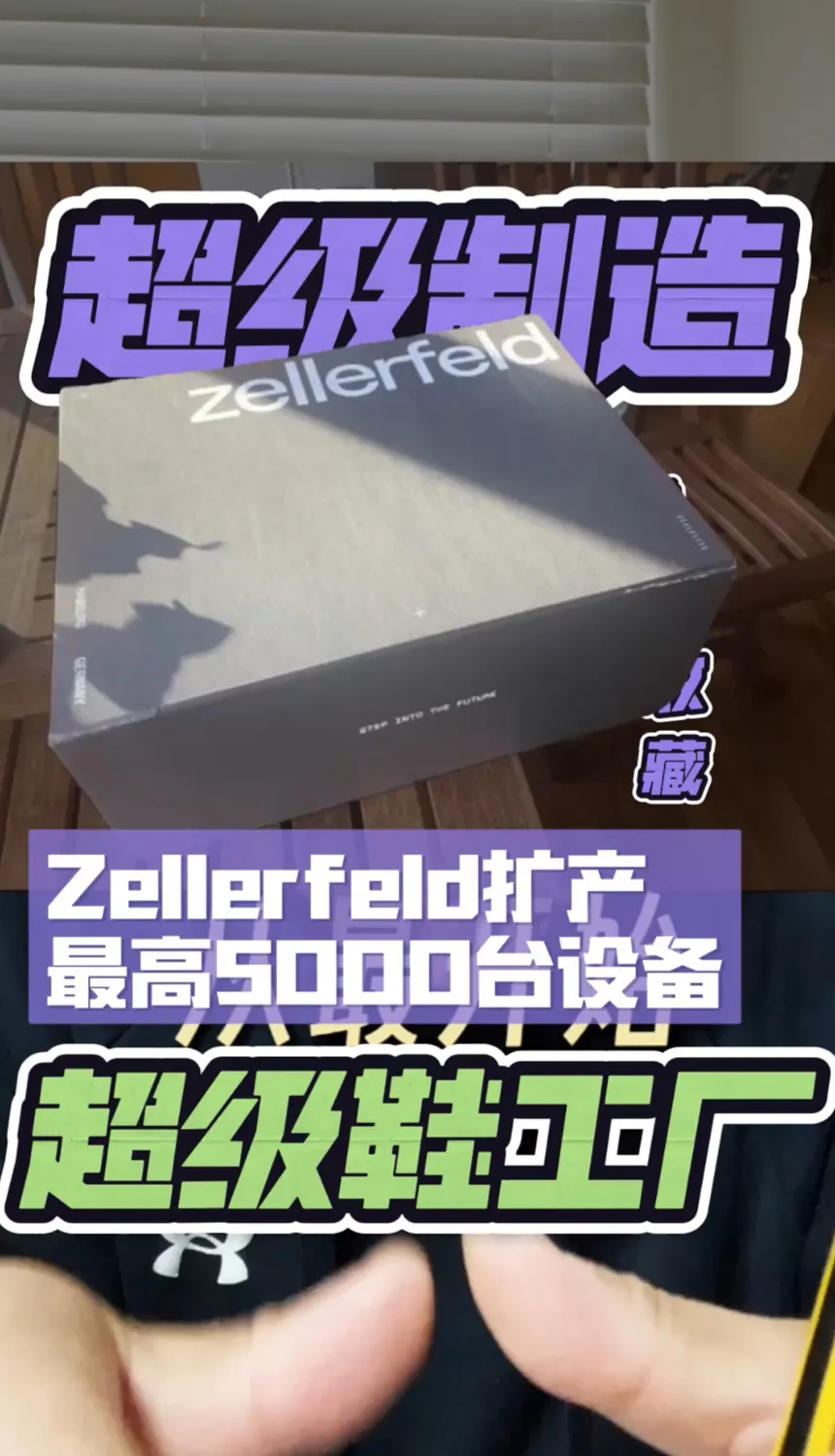



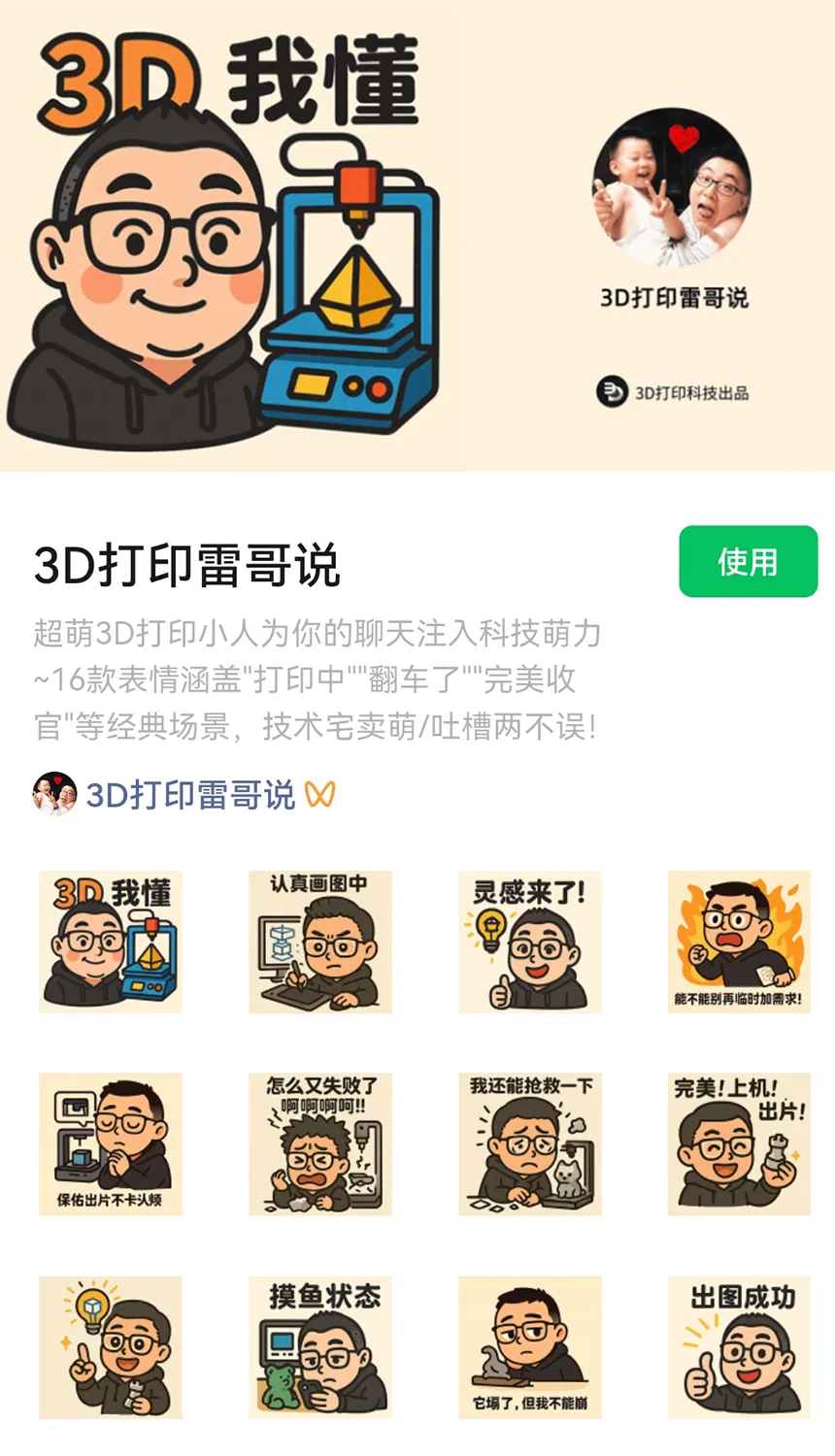


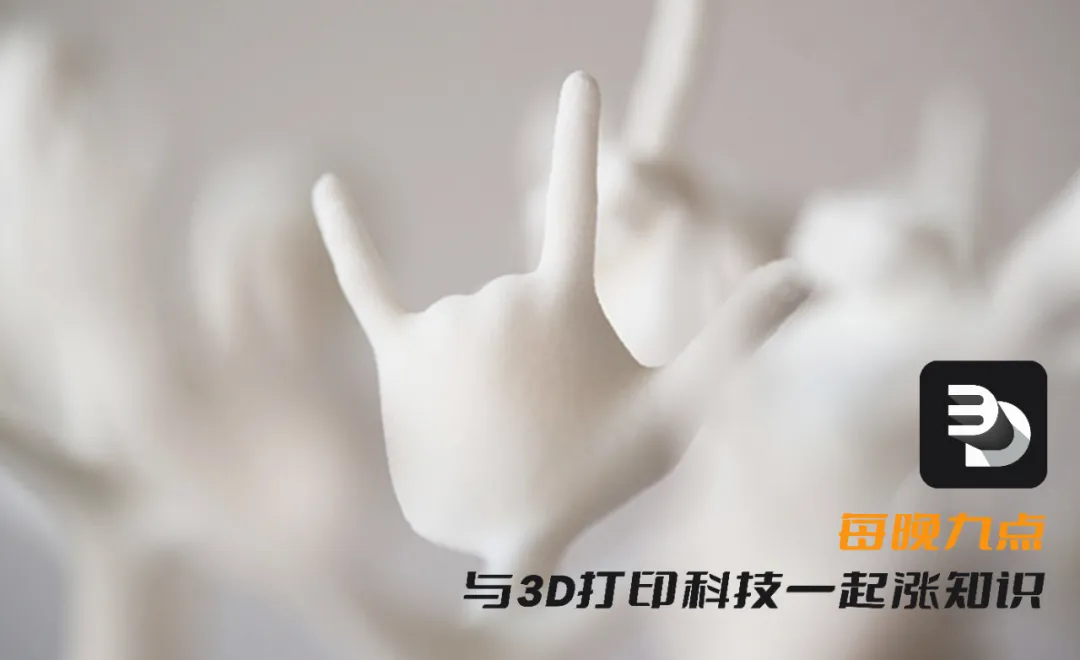 Welcome to add the editor’s WeChatto learn about the latest developments in the 3D printing industry
Welcome to add the editor’s WeChatto learn about the latest developments in the 3D printing industry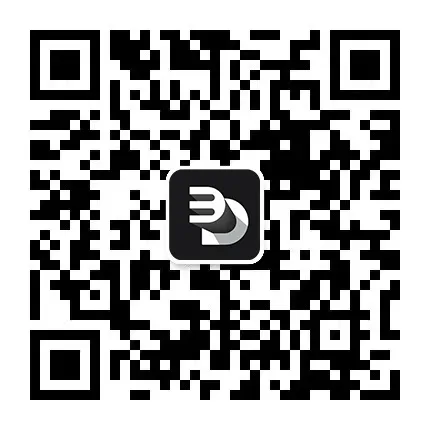
 About 3D Printing Technology
About 3D Printing Technology
We integrate insights, technology trends, application scenarios, competitive strategies, and in-depth dynamics from China, the U.S., and globally for professionals in 3D printing and artificial intelligence, providing high-value information. We are passionate about 3D printing and welcome contributors from around the world.